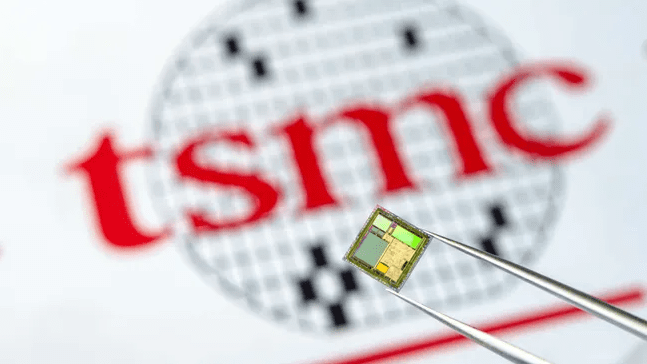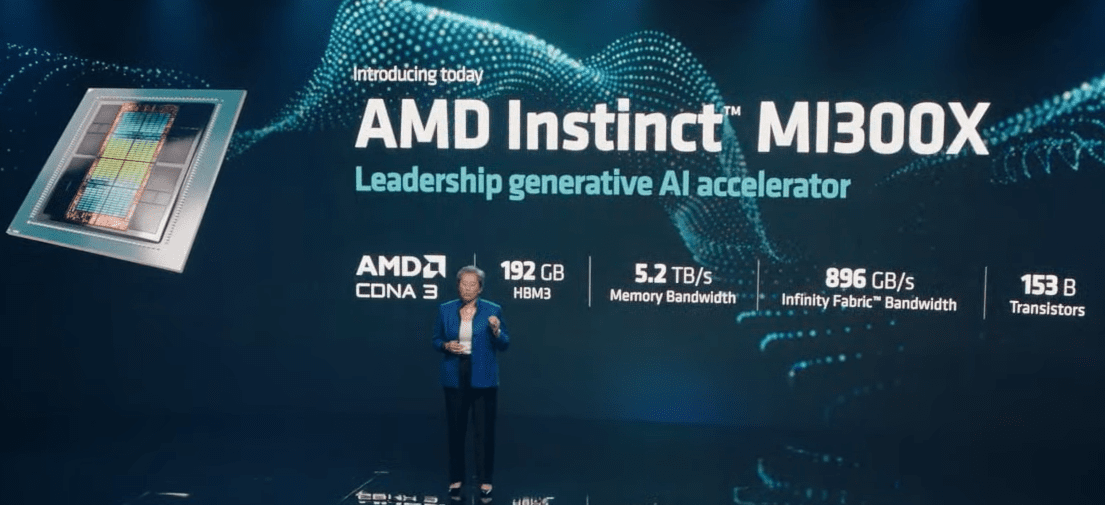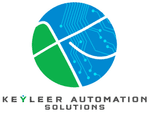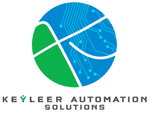Semiconductor Showdown: Racing Towards the Future of AI-Powered Chips
In the ever-evolving landscape of semiconductor technology, the competition for supremacy among industry giants TSMC, Samsung, and AMD continues to escalate. As these companies strive to push the boundaries of chip manufacturing, the spotlight is on their groundbreaking advancements and strategic maneuvers in the face of global challenges.

Key Developments:
Key Developments:
TSMC's N2 Prototype: TSMC's unveiling of the revolutionary "N2" prototype promises a substantial leap in chip technology. With projections of up to 10% higher performance and 30% lower power consumption compared to their existing 5 nm process, the N2 technology is set for volume production by 2025. Apple and Nvidia are eyeing these innovations for their future products, amplifying the anticipation for this game-changing technology.
image source: Shutter stock

Samsung's Countermove: Samsung, not to be outdone, presents discounted versions of its 2 nm prototypes, aiming to sway top customers like Nvidia. While the industry acknowledges Samsung's potential, doubts linger regarding its execution compared to TSMC's track record.
AMD's Entry into AI: AMD's MI300X chip enters the AI chip race, positioned as the most advanced AI accelerator in the industry. Endorsements from OpenAI and Microsoft add credibility to its prowess, setting the stage for fierce competition against Nvidia's H100 chip.
The Impact and Challenges:
The ongoing surge in AI technology demand intensifies the scarcity of chip supply, creating a current imbalance in the electronics supply chain. Despite forthcoming advanced semiconductor manufacturing capacity, the industry foresees a bullwhip effect where excess inventory may temporarily drive chip prices down.

ASML's Role: ASML, holding a near-monopoly on EUV lithography machines, crucial for cutting-edge chip production, faces challenges in expanding its manufacturing capabilities. The limited production capacity poses a bottleneck in advancing semiconductor technology.
The Geopolitical Conflict: The China-U.S. conflict surrounding AI chips disrupts the industry. Export restrictions imposed by the U.S. and the EU impact chipmakers' access to markets and essential equipment, adding uncertainty and complexity to their operations.
Conclusion:
Despite these challenges, the semiconductor industry anticipates sustained growth. The increasing demand for high-performance chips, particularly in AI-driven technologies, propels investments in capacity, research, and development. Deloitte's estimations indicate a generative AI-driven market worth approximately $50 billion by 2024.
In this dynamic landscape, the quest for innovation and efficient chip production remains pivotal. As chip makers navigate geopolitical hurdles and technological constraints, the industry's ability to deliver cutting-edge solutions will shape the trajectory of future technologies, from smart devices to data centers.
Stay tuned for more updates as the race for innovation in semiconductor technology continues to unfold.

